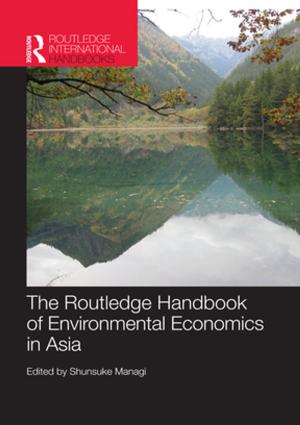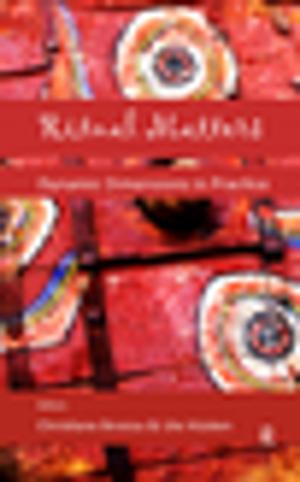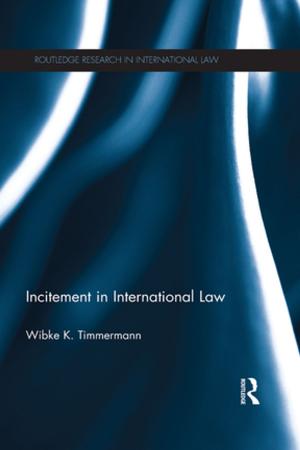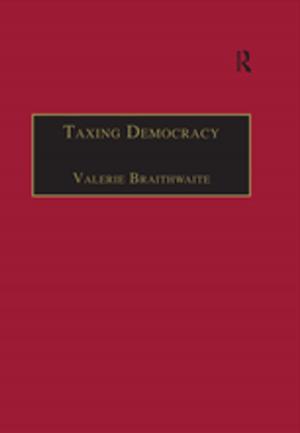Democracy Promotion and Conflict-Based Reconstruction
The United States & Democratic Consolidation in Bosnia, Afghanistan & Iraq
Nonfiction, Social & Cultural Studies, Political Science, International, International Relations| Author: | Matthew Alan Hill | ISBN: | 9781136668005 |
| Publisher: | Taylor and Francis | Publication: | May 23, 2012 |
| Imprint: | Routledge | Language: | English |
| Author: | Matthew Alan Hill |
| ISBN: | 9781136668005 |
| Publisher: | Taylor and Francis |
| Publication: | May 23, 2012 |
| Imprint: | Routledge |
| Language: | English |
This book investigates US foreign policy and tests the hypothesis that transition-inspired democracy promotion will successfully establish liberal democracy around the world, and thus fulfil the aims of the American mission and its application of the democratic peace. It features two detailed case studies exploring political liberalization in Bosnia and Afghanistan, and suggests that the conclusions are applicable to other cases by highlighting the US mission in Iraq.
The author critically examines US foreign policy in a theoretical and historical context, focusing on the United States Agency for International Development’s (USAID) democracy assistance. It demonstrates that if liberal democracy is the end-goal of USAID’s strategy then the theoretical and practical limitations of transition-inspired assistance will impede the attainment of this goal.
In examining US democracy promotion in Bosnia, Afghanistan and Iraq during the Clinton and Bush administrations, the book concludes by considering its future during the Obama administration.
This book will be of interest to students and scholars of International Relations, US Foreign Policy and Democratization Studies.
A video of a panel discussing Matthew Hill's book and associated topics in more detail can be found here: http://www.sas.ac.uk/videos-and-podcasts/politics-development-human-rights/old-wine-new-bottle-democratisation-lessons-af
This book investigates US foreign policy and tests the hypothesis that transition-inspired democracy promotion will successfully establish liberal democracy around the world, and thus fulfil the aims of the American mission and its application of the democratic peace. It features two detailed case studies exploring political liberalization in Bosnia and Afghanistan, and suggests that the conclusions are applicable to other cases by highlighting the US mission in Iraq.
The author critically examines US foreign policy in a theoretical and historical context, focusing on the United States Agency for International Development’s (USAID) democracy assistance. It demonstrates that if liberal democracy is the end-goal of USAID’s strategy then the theoretical and practical limitations of transition-inspired assistance will impede the attainment of this goal.
In examining US democracy promotion in Bosnia, Afghanistan and Iraq during the Clinton and Bush administrations, the book concludes by considering its future during the Obama administration.
This book will be of interest to students and scholars of International Relations, US Foreign Policy and Democratization Studies.
A video of a panel discussing Matthew Hill's book and associated topics in more detail can be found here: http://www.sas.ac.uk/videos-and-podcasts/politics-development-human-rights/old-wine-new-bottle-democratisation-lessons-af















